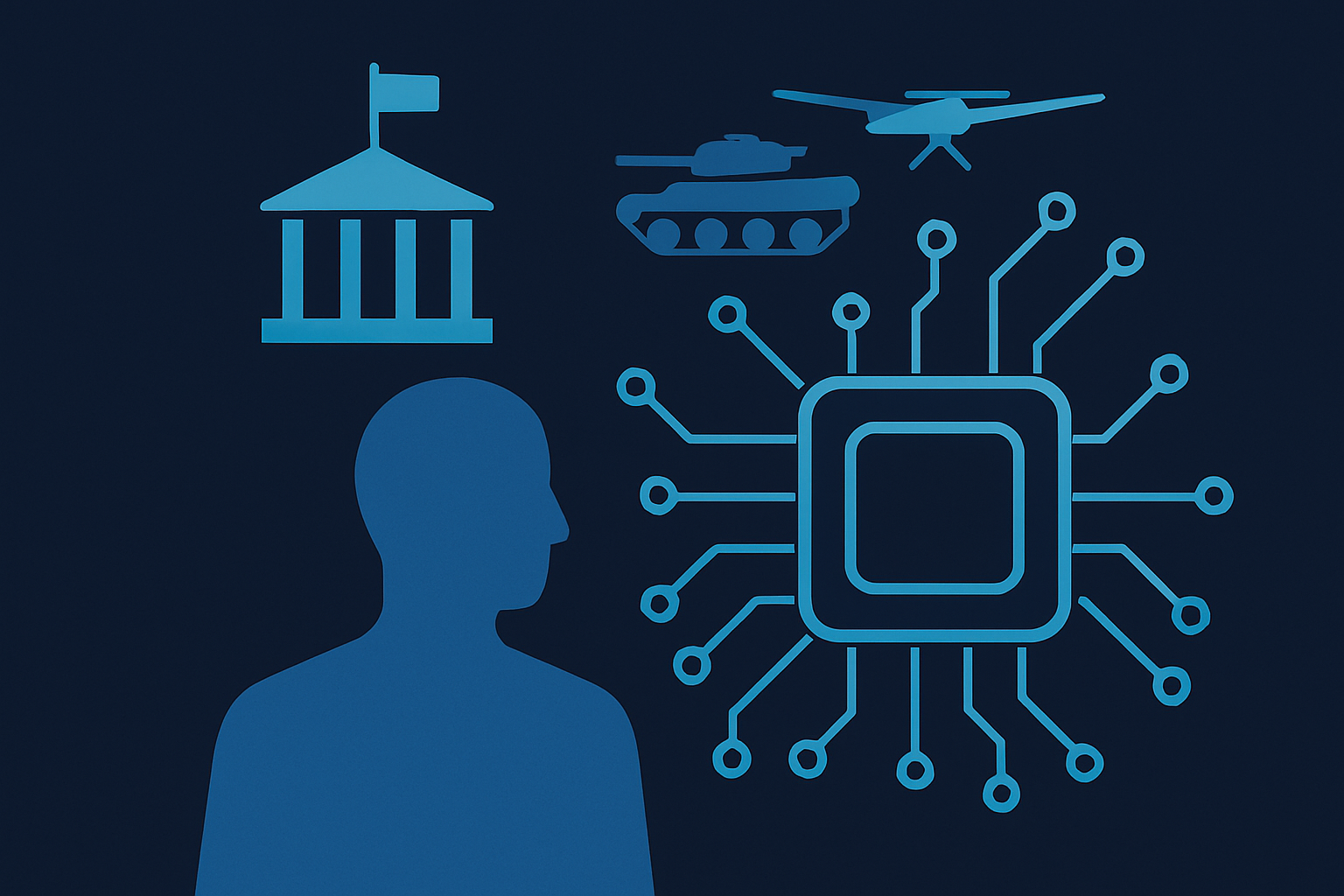
In the vast world of GitHub, where millions of open-source projects are shared daily, it’s easy to get lost among thousands of repositories. However, some projects stand out for their utility and impact on the developer community. Gabriele Santomaggio, a Codemotion Ambassador, has shared his top five must-know GitHub repositories that every developer should have in their toolkit.
In this article, we’ll explore what these repositories do and why Santomaggio considers them essential for improving any developer’s workflow.
1. RabbitMQ Server
RabbitMQ is an open-source message broker that facilitates communication between applications and services. Based on the Advanced Message Queuing Protocol (AMQP), RabbitMQ efficiently manages message queues, making it ideal for distributed applications, microservices, and systems that require reliable communication between components. Its robustness has made RabbitMQ a fundamental tool in production environments worldwide, from startups to large enterprises.
Why it’s useful: If you work with applications that need secure and efficient communication, RabbitMQ is an essential tool. It is easy to implement, highly scalable, and widely supported.
2. BCC (BPF Compiler Collection)
BCC is a collection of tools and libraries that leverage eBPF (Extended Berkeley Packet Filter), a low-level technology that allows code execution directly in the operating system kernel. This approach enables real-time monitoring, event tracing, and system security enhancements without modifying the kernel’s source code. BCC is ideal for professionals working on high-performance systems who need real-time data for monitoring and debugging.
Why it’s useful: If you manage complex systems or need to trace the behavior of high-performance environments, BCC provides the right tools to do so safely and efficiently. It is particularly beneficial for DevOps and system monitoring tasks.
3. LinuxKit
LinuxKit is a tool designed to create and manage lightweight, customizable operating systems using a minimal Linux distribution. It focuses on building containerized environments for cloud-native infrastructures, such as those managed through Kubernetes. With LinuxKit, developers can easily create customized OS images tailored to specific needs, ensuring a secure and highly scalable architecture.
Why it’s useful: If you work in cloud-native environments or manage containerized infrastructures, LinuxKit helps you build and maintain modular, configurable operating systems optimized for your specific use cases.
4. eBPF (eBPF Project) – Cilium
Cilium is a library that utilizes eBPF to provide advanced network security and traffic control in cloud-native environments. eBPF, a cutting-edge networking technology, enables security programs to run directly in the kernel, enhancing security policy management without sacrificing performance. Cilium leverages eBPF to enforce real-time security policies, monitor network traffic, and optimize the behavior of containerized applications.
Why it’s useful: If you work with microservices, Kubernetes, or distributed applications, eBPF allows you to implement advanced security policies without compromising performance. Cilium is a powerful tool for managing network security and performance in cloud-based systems.
5. BPFTrace
BPFTrace is a tracing tool for Linux that uses eBPF to collect real-time data on application behavior. This tool is particularly useful for performance monitoring, debugging, and analyzing complex systems. Thanks to its simple syntax, BPFTrace enables developers to write scripts that track specific events, such as process execution or file access, making it easier to identify bottlenecks and optimize performance.
Why it’s useful: If you work in monitoring or troubleshooting production environments, BPFTrace helps you gather detailed performance insights and quickly resolve issues. It’s an indispensable tool for managing high-performance, complex systems.
Conclusion
The repositories recommended by Gabriele Santomaggio represent some of the most powerful and versatile tools that every developer should have in their arsenal. Whether you’re working with distributed systems, microservices, or optimizing application performance, these tools provide the resources necessary to tackle any challenge. Explore these repositories and enhance your developer toolkit with these powerful technologies recommended by Gabriele Santomaggio!




